Register now - your 1st transfer is fee-free!
More infoEid Milad-un-Nabi: Celebrating the Birth of the Prophet Muhammad
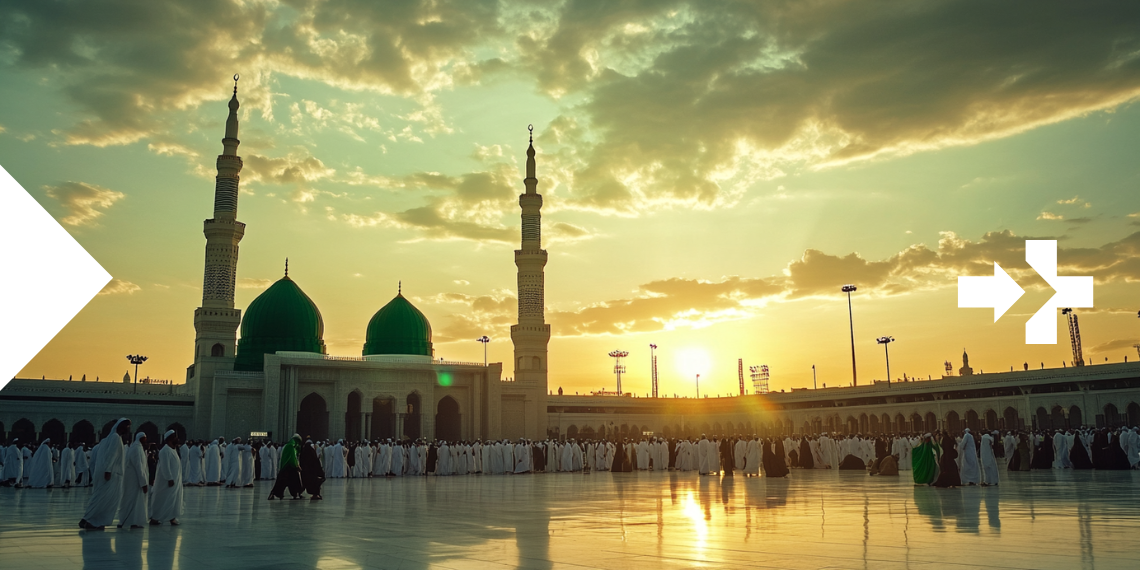
The Eid Milad-un-Nabi, also known as Mawlid al-Nabi, is one of the most important religious events in the Islamic calendar year. Millions of Muslims observe this great festival commemorating the birth of Prophet Muhammad, a man acknowledged by his followers for ancient wisdom, great compassion, and revolutionary teachings. This is a time for celebration, consideration, and introspection in many countries with Muslim majorities and a time to remember the legacy of the Prophet in concert with a rejuvenated commitment to the values he performed so impressively.
The ceremony, falling on the 12th day of Rabi' al-Awwal, the third month of the Islamic lunar calendar, is celebrated with great fanfare and in varied custom in many parts of the world. While most people celebrate the day with public festivities, processions, and congregations, others discreetly do so with private acts of reflection and religious piety. This difference in celebrations shows the variance in interpretation that exists within the Muslim world. The gist of the day, however, is in the act of remembrance of the life of the Prophet, his teaching of compassion and unity, and guidance to a just and moral society.
The Origins: From Private to Public Observance
It might go back to the early centuries of Islam. History can record its first observance in the 11th century in Egypt during the Fatimid dynasty when the day was initially a private commemoration within the royal family. However, as time passed, it disseminated to other regions and evolved into public celebrations taken up by many Muslim communities. It came into prominence during the 12th-century rule of Sultan Salahuddin al-Ayyubi, who was trying to make the most of uniting Muslims at least on big religious occasions to raise high spirits. During this century, the Eid Milad-un-Nabi finally took its modern form with public prayers, processions, and communal feasts.
In Pakistan for example, is celebrated with vibrant processions, illuminated mosques, and decorated streets. Families gather for special prayers, sermons, and charitable activities, reflecting the Prophet’s enduring message of compassion and generosity. In major cities such as Karachi and Lahore, streets are adorned with green lights, symbolizing peace and the Prophet's association with the color green. Special events, including public readings of the Quran and recitations of poetry in praise of the Prophet, form the cornerstone of the day’s festivities.
Worldwide Traditions: Celebrating Eid Milad-un-Nabi Across Nations
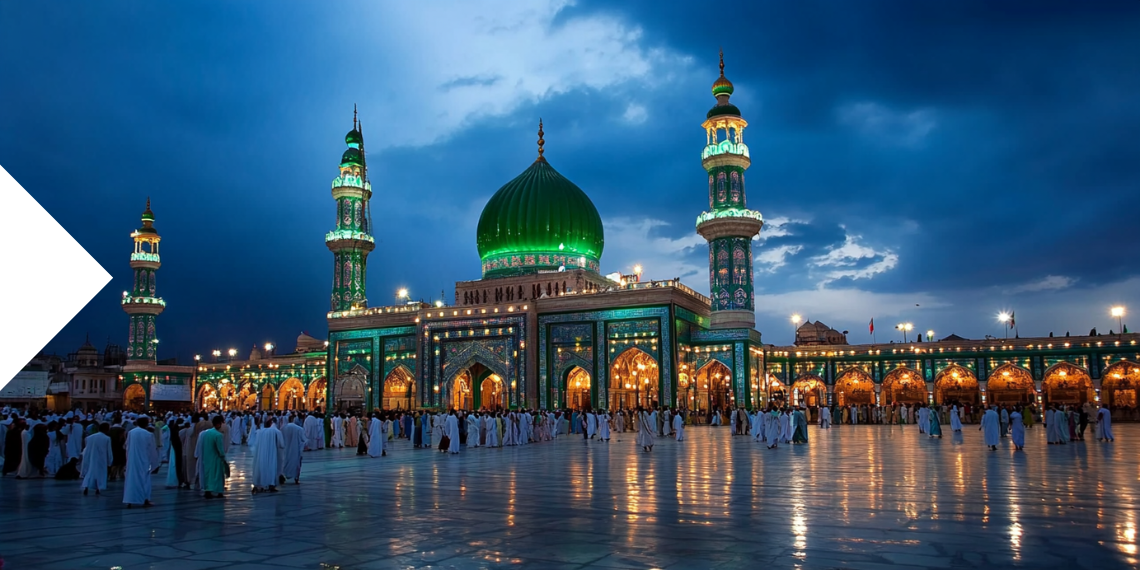
While this occasion is widely celebrated in Pakistan, it is also observed with great enthusiasm in several other countries. In India, for example, Muslims gather for grand processions where hymns in honor of the Prophet are sung, and cities like Mumbai and Hyderabad are filled with colorful displays and banners. Mosques hold special prayers, and families come together to share food and give to charity, reflecting the Prophet’s legacy of kindness.
In Turkey, its observance is more subdued yet equally significant. Instead of large-scale processions, Turkish Muslims focus on spiritual reflection and education. Mosques host special recitations of the Quran, and scholars deliver sermons highlighting the Prophet’s contributions to humanity. Acts of charity, such as distributing food to the less fortunate, are central to the day’s observances, emphasizing the importance of helping those in need.
In Indonesia, the world’s largest Muslim-majority country, is celebrated with religious parades, educational events, and cultural performances. Government officials and religious leaders often participate in the festivities, highlighting the Prophet’s message of peace and inclusivity. Community service plays a vital role, with many using the occasion to provide support to those in need.
Nations Without Public Celebrations: Understanding Diverse Practices
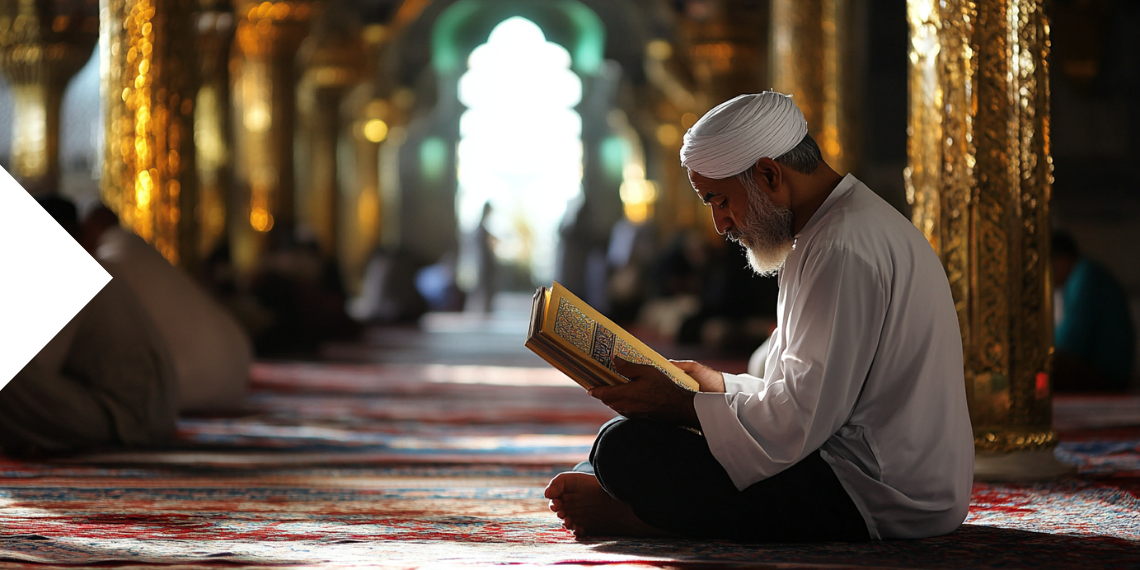
While Eid Milad-un-Nabi is widely observed, there are countries and Muslim communities that do not engage in public celebrations of the day. Some scholars and religious leaders believe that since the Prophet Muhammad himself did not commemorate his birthday, public celebrations are not mandated by Islamic teachings. They argue that while honoring the Prophet’s life and teachings is essential, it should be done through daily adherence to Islamic principles rather than through special festivities.
In countries such as Saudi Arabia, the birthplace of Islam, public celebrations are minimal. The government and religious authorities in the region follow a more conservative interpretation of Islamic practices, emphasizing that innovations in religious observances, such as large public celebrations, should be avoided. However, even in these regions, the Prophet’s birthday is still a day of reflection, where people engage in private prayers, charity, and remembrance of the Prophet’s life.
Despite these differing practices, it is important to approach each perspective with respect. The diversity of observances reflects the rich cultural and theological tapestry of the Muslim world, where individual communities express their devotion in ways that resonate with their own historical and religious contexts.
How sendvalu Supports Families During Eid Milad-un-Nabi
As this event draws together the family in celebration, the bond of love with relatives becomes most imperative. It may involve sending money that can be used by the family in a collective dinner, giving to a noble cause, or even just calling up with nice words; the day is sure to keep families close and spread charity.
At sendvalu, we value the coming together of families and communities on occasions of this nature. Our service helps bridge the gulf between global families, no matter from which corner of the world they may be inhabiting. Be it near or far, sendvalu offers an easy, safe, and sure way of sharing in the joy of this celebration.
While the spirit of Eid Milad-un-Nabi is rooted in spirituality and reflection, sending a token of love or assistance can help bridge physical distances and bring families closer during this blessed occasion. With us, you can rest assured that your contributions will reach your loved ones quickly and securely, allowing you to be part of their celebration, even from afar.
Fostering Unity and Compassion Through Shared Traditions
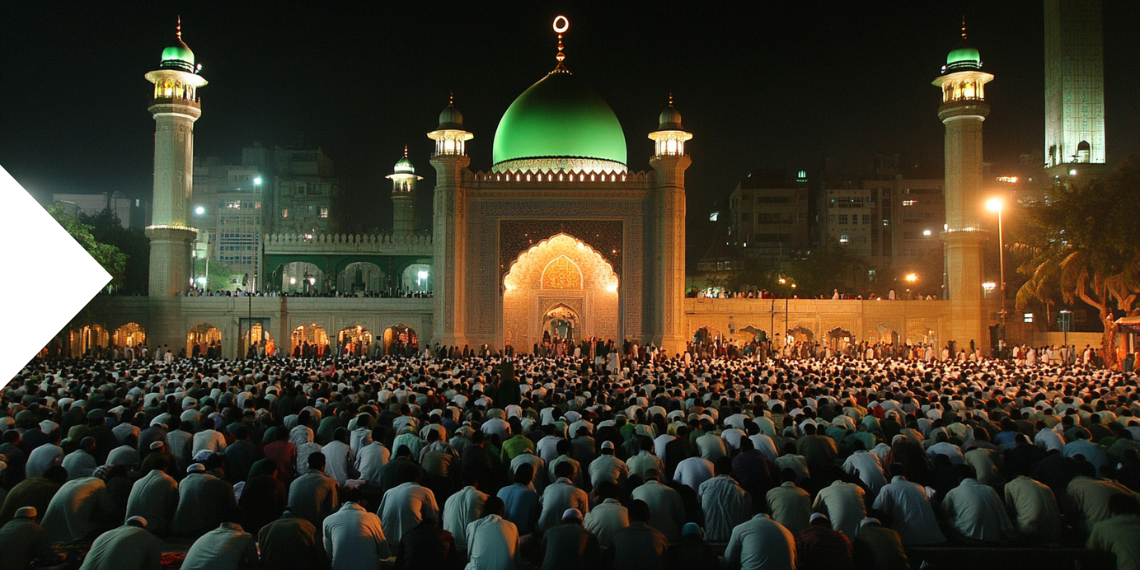
Eid Milad-un-Nabi is a time of joy, reflection, and harmony within Islam, leading Muslims everywhere in the world. Whether celebrated with color and pageantry through public processions or in quiet, private contemplation, the holiday reminds Muslims of the timeless values of mercy, humbleness, and benevolence taught them by the great Prophet Muhammad. Muslims get together to pay homage to the memory of the Prophet and derive a sense of community and shared purpose.
This is very important during special days when distances have separated the family. Support your loved ones all over the world with sendvalu in a way that is easy and safe, so wherever you are, you will add to the happiness and generosity that characterizes Eid Milad-un-Nabi. We are glad to assist you in celebrating the spirit of holidays and staying close to those people who mean much to you.
-
Categories
-
Countries
-
Money Transfer
-
News
Write a comment
More stories like this
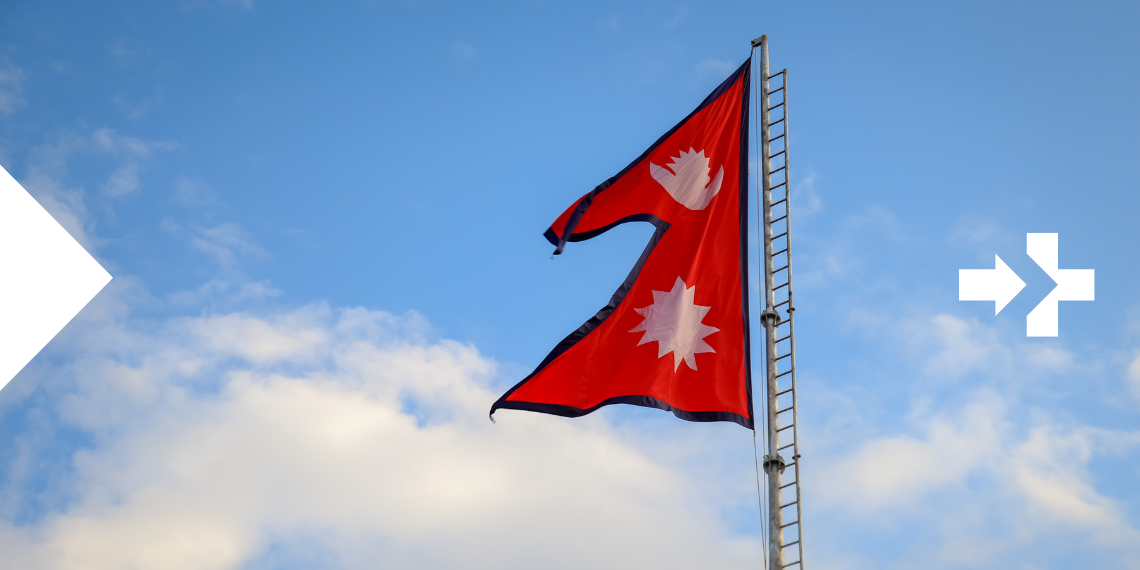
Empowering Nepalese Families During the Nepali New Year
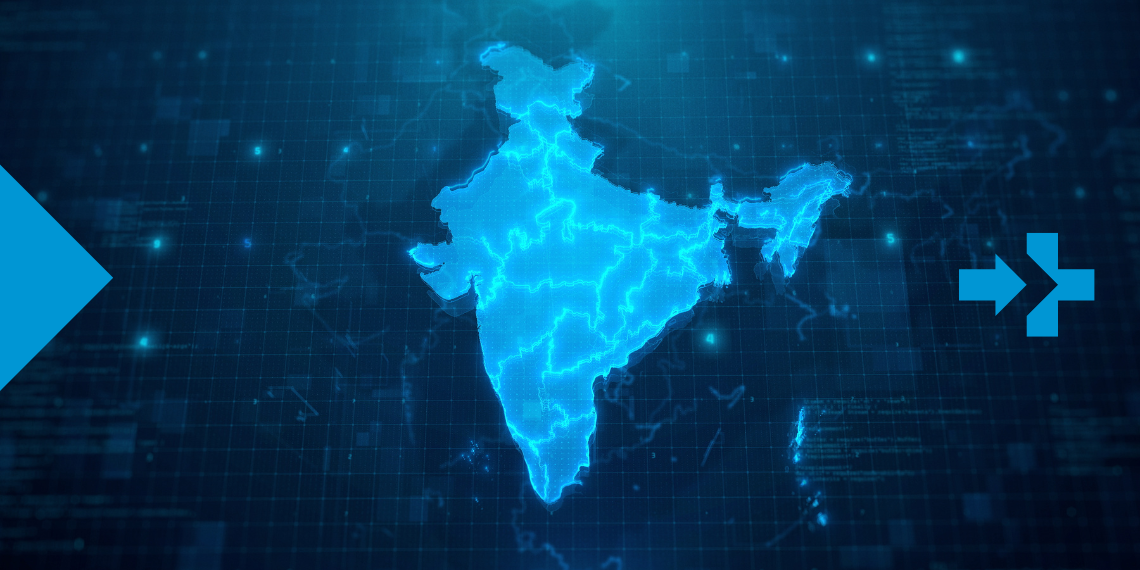
How UPI Is Transforming Domestic and International Money Transfers in India
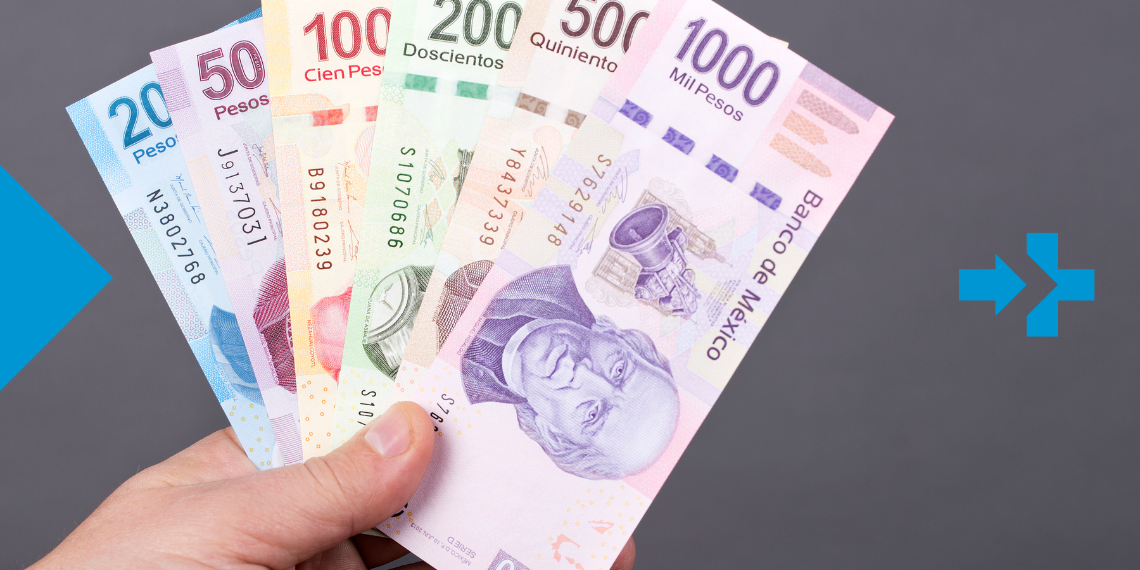
Mexico’s Record Remittances: The Rise of Digital Transfers
Eid Milad-un-Nabi: Celebrating the Birth of the Prophet Muhammad
The Eid Milad-un-Nabi, also known as Mawlid al-Nabi, is one of the most important religious events in the Islamic calendar year. Millions of Muslims observe this great festival commemorating the birth of Prophet Muhammad, a man acknowledged by his followers for ancient wisdom, great compassion, and revolutionary teachings. This is a time for celebration, consideration, and introspection in many countries with Muslim majorities and a time to remember the legacy of the Prophet in concert with a rejuvenated commitment to the values he performed so impressively.
The ceremony, falling on the 12th day of Rabi' al-Awwal, the third month of the Islamic lunar calendar, is celebrated with great fanfare and in varied custom in many parts of the world. While most people celebrate the day with public festivities, processions, and congregations, others discreetly do so with private acts of reflection and religious piety. This difference in celebrations shows the variance in interpretation that exists within the Muslim world. The gist of the day, however, is in the act of remembrance of the life of the Prophet, his teaching of compassion and unity, and guidance to a just and moral society.
The Origins: From Private to Public Observance
It might go back to the early centuries of Islam. History can record its first observance in the 11th century in Egypt during the Fatimid dynasty when the day was initially a private commemoration within the royal family. However, as time passed, it disseminated to other regions and evolved into public celebrations taken up by many Muslim communities. It came into prominence during the 12th-century rule of Sultan Salahuddin al-Ayyubi, who was trying to make the most of uniting Muslims at least on big religious occasions to raise high spirits. During this century, the Eid Milad-un-Nabi finally took its modern form with public prayers, processions, and communal feasts.
In Pakistan for example, is celebrated with vibrant processions, illuminated mosques, and decorated streets. Families gather for special prayers, sermons, and charitable activities, reflecting the Prophet’s enduring message of compassion and generosity. In major cities such as Karachi and Lahore, streets are adorned with green lights, symbolizing peace and the Prophet's association with the color green. Special events, including public readings of the Quran and recitations of poetry in praise of the Prophet, form the cornerstone of the day’s festivities.
Worldwide Traditions: Celebrating Eid Milad-un-Nabi Across Nations

While this occasion is widely celebrated in Pakistan, it is also observed with great enthusiasm in several other countries. In India, for example, Muslims gather for grand processions where hymns in honor of the Prophet are sung, and cities like Mumbai and Hyderabad are filled with colorful displays and banners. Mosques hold special prayers, and families come together to share food and give to charity, reflecting the Prophet’s legacy of kindness.
In Turkey, its observance is more subdued yet equally significant. Instead of large-scale processions, Turkish Muslims focus on spiritual reflection and education. Mosques host special recitations of the Quran, and scholars deliver sermons highlighting the Prophet’s contributions to humanity. Acts of charity, such as distributing food to the less fortunate, are central to the day’s observances, emphasizing the importance of helping those in need.
In Indonesia, the world’s largest Muslim-majority country, is celebrated with religious parades, educational events, and cultural performances. Government officials and religious leaders often participate in the festivities, highlighting the Prophet’s message of peace and inclusivity. Community service plays a vital role, with many using the occasion to provide support to those in need.
Nations Without Public Celebrations: Understanding Diverse Practices

While Eid Milad-un-Nabi is widely observed, there are countries and Muslim communities that do not engage in public celebrations of the day. Some scholars and religious leaders believe that since the Prophet Muhammad himself did not commemorate his birthday, public celebrations are not mandated by Islamic teachings. They argue that while honoring the Prophet’s life and teachings is essential, it should be done through daily adherence to Islamic principles rather than through special festivities.
In countries such as Saudi Arabia, the birthplace of Islam, public celebrations are minimal. The government and religious authorities in the region follow a more conservative interpretation of Islamic practices, emphasizing that innovations in religious observances, such as large public celebrations, should be avoided. However, even in these regions, the Prophet’s birthday is still a day of reflection, where people engage in private prayers, charity, and remembrance of the Prophet’s life.
Despite these differing practices, it is important to approach each perspective with respect. The diversity of observances reflects the rich cultural and theological tapestry of the Muslim world, where individual communities express their devotion in ways that resonate with their own historical and religious contexts.
How sendvalu Supports Families During Eid Milad-un-Nabi
As this event draws together the family in celebration, the bond of love with relatives becomes most imperative. It may involve sending money that can be used by the family in a collective dinner, giving to a noble cause, or even just calling up with nice words; the day is sure to keep families close and spread charity.
At sendvalu, we value the coming together of families and communities on occasions of this nature. Our service helps bridge the gulf between global families, no matter from which corner of the world they may be inhabiting. Be it near or far, sendvalu offers an easy, safe, and sure way of sharing in the joy of this celebration.
While the spirit of Eid Milad-un-Nabi is rooted in spirituality and reflection, sending a token of love or assistance can help bridge physical distances and bring families closer during this blessed occasion. With us, you can rest assured that your contributions will reach your loved ones quickly and securely, allowing you to be part of their celebration, even from afar.
Fostering Unity and Compassion Through Shared Traditions

Eid Milad-un-Nabi is a time of joy, reflection, and harmony within Islam, leading Muslims everywhere in the world. Whether celebrated with color and pageantry through public processions or in quiet, private contemplation, the holiday reminds Muslims of the timeless values of mercy, humbleness, and benevolence taught them by the great Prophet Muhammad. Muslims get together to pay homage to the memory of the Prophet and derive a sense of community and shared purpose.
This is very important during special days when distances have separated the family. Support your loved ones all over the world with sendvalu in a way that is easy and safe, so wherever you are, you will add to the happiness and generosity that characterizes Eid Milad-un-Nabi. We are glad to assist you in celebrating the spirit of holidays and staying close to those people who mean much to you.



Any Questions?
We are more than happy to help you!Help & Support
Company
¹ All delivery times are based on average transaction times over the last three months. Please note that due to verification policies, new customers may experience longer delivery times. ² Prices might vary based on selection of payout option.
© Copyright 2025 AWS Malta Ltd.


3 comments
Leave a comment Newest on top Oldest on topLembaga Pendidikan Islam Thu Mar 20 2025
I just read your article and I find it very informative, very inspiring. I would also like to extend
I just read your article and I find it very informative, very inspiring. I would also like to extend an invitation to you to visit my website Lembaga Pendidikan Islam and we can collaborate with each other. warm regard.Read full commentLembaga Pendidikan Islam Thu Mar 20 2025
I just read your article and I find it very informative, very inspiring. I would also like to extend
I just read your article and I find it very informative, very inspiring. I would also like to extend an invitation to you to visit my website Lembaga Pendidikan Islam and we can collaborate with each other. warm regard.Read full commentLembaga Pendidikan Islam Mon Mar 10 2025
I just read your article and I find it very informative, very inspiring. I would also like to extend
I just read your article and I find it very informative, very inspiring. I would also like to extend an invitation to you to visit my website Lembaga Pendidikan Islam and we can collaborate with each other. warm regard.Read full comment